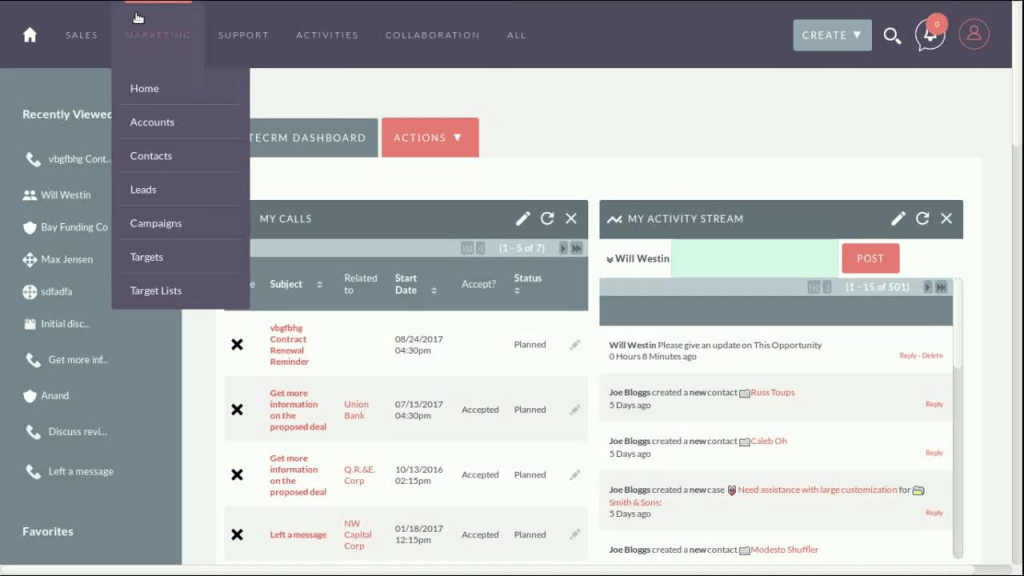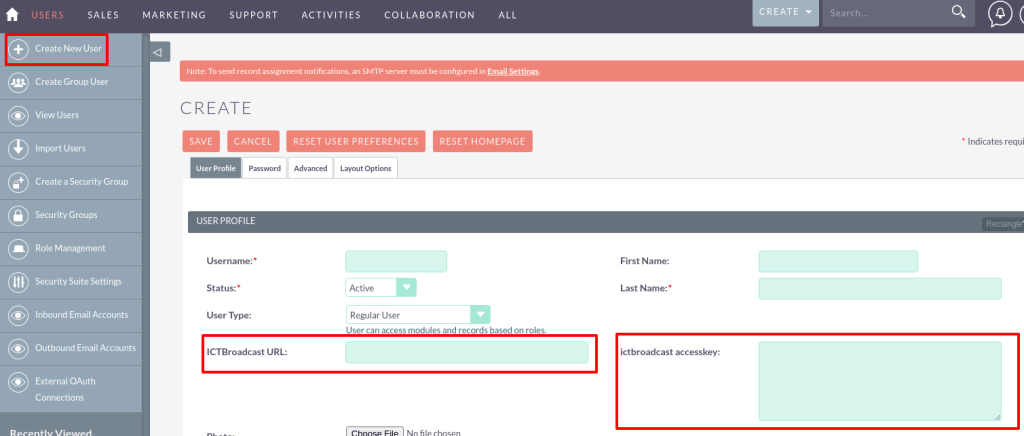Introduction:
For years, Customer Relationship Management (CRM) has played a vital role in the success of businesses, enabling them to effectively manage their interactions with customers, both existing and potential. Traditionally, CRM software has been proprietary, developed and sold exclusively by specific vendors. However, in recent times, there has been a remarkable shift towards open source CRM solutions, which are rapidly gaining traction and transforming the way businesses approach customer relationship management.
Open source CRM refers to CRM software that is constructed upon an open source framework, granting users the ability to access and modify the underlying source code. This open nature bestows numerous advantages and has propelled open source CRM to become a disruptive force within the CRM landscape, heralding significant changes in business practices and strategies.
Understanding Open Source CRM:
Open source CRM represents a category of customer relationship management software that is developed using an open source framework. In the realm of software, “open source” refers to the availability of the source code, which can be freely accessed, modified, enhanced, and distributed by individuals or organizations. This clear distinction sets open source CRM apart from proprietary CRM solutions, which are created and sold by specific vendors and typically restrict access to their underlying source code.

Advantages of Open Source CRM:
Cost-Effectiveness:
Open-source CRM offers a notable benefit in terms of cost-effectiveness. As open-source software is available for free, businesses can achieve significant savings by eliminating the need for upfront expenses related to licensing fees and subscriptions typically associated with proprietary CRM systems. Furthermore, organizations can avoid vendor lock-in and reduce long-term costs by leveraging internal or community resources for customization and ongoing maintenance. This financial advantage makes open-source CRM an attractive option for businesses seeking to optimize their budget allocation while still enjoying the benefits of a comprehensive CRM solution.
Flexibility and Customizability:
Open-source CRM systems offer businesses an exceptional level of flexibility and customizability. By granting access to the source code, organizations have the ability to modify the software according to their specific business processes. They can introduce new features, seamlessly integrate with other systems, and adapt the CRM solution as their needs evolve over time. This high degree of customization empowers businesses to create a tailored CRM system that precisely aligns with their unique requirements. As a result, productivity and efficiency are enhanced, as the CRM solution is optimized to fit the organization’s workflows and objectives.
Community Support and Collaboration:
Open-source CRM solutions benefit from a vibrant community of developers, users, and enthusiasts. This community-driven approach fosters collaboration, knowledge sharing, and continuous improvement of the CRM software. Organizations using open-source CRM can leverage this collective expertise to troubleshoot issues, discover new functionalities, and contribute back to the community by sharing their enhancements and bug fixes.
Security and Data Control:
Open-source CRM software offers enhanced security and data control. With proprietary CRM systems, businesses often have limited visibility into the underlying code and architecture, which can make it challenging to identify vulnerabilities or ensure data privacy. Open-source CRM allows organizations to assess and validate the security measures employed in the software, giving them greater control over their data and the ability to implement necessary security enhancements.
Unifying Open Source CRM with Communications:
In an increasingly connected world, effective communication is paramount in maintaining strong customer relationships. By unifying open-source CRM with communications tools, organizations can enhance their CRM capabilities and streamline customer interactions. Here are some key ways in which open-source CRM can be unified with communications:
Integration with Email Systems:
Email remains one of the most widely used communication channels in business. By integrating an open-source CRM system with email platforms, organizations can automatically capture and record email interactions with customers. This integration enables better tracking of customer communication history, facilitates collaboration among team members, and enhances response times, resulting in improved customer satisfaction and engagement.
Integrating Voice and Telephony:
Voice communication plays a crucial role in customer interactions, particularly in sales and customer support. Open-source CRM can be unified with Voice over IP (VoIP) telephony systems, allowing organizations to make and receive calls directly within the CRM interface. This integration ensures that call logs, recordings, and notes are automatically associated with the relevant customer records, providing a holistic view of customer interactions and enabling more informed decision-making.

Social Media Integration:
Social media platforms have become instrumental in engaging with customers and gaining valuable insights. Open-source CRM systems can be integrated with social media channels, enabling organizations to monitor social media interactions, track brand mentions, and respond to customer inquiries or complaints directly from the CRM interface. This integration enhances social media management, improves customer response times, and helps organizations capitalize on the power of social media for their CRM strategies.
Collaboration Tools Integration:
Effective collaboration among team members is vital for providing seamless customer experiences. By unifying open-source CRM with collaboration tools, such as project management platforms or team communication applications, organizations can streamline internal communication, task assignment, and progress tracking. This integration ensures that relevant information and updates are readily available to all team members, enabling them to work together more efficiently and deliver superior customer service.
Conclusion:
Open-source CRM provides businesses with a flexible, cost-effective, and customizable alternative to proprietary CRM systems. By unifying open-source CRM with communications tools, organizations can enhance their CRM capabilities and create a comprehensive solution that streamlines customer interactions, improves collaboration, and boosts overall customer satisfaction. The combination of open-source CRM and communications integration empowers businesses to build stronger customer relationships, increase operational efficiency, and drive long-term success in today’s highly competitive market.
Leveraging Open Source in ICT
